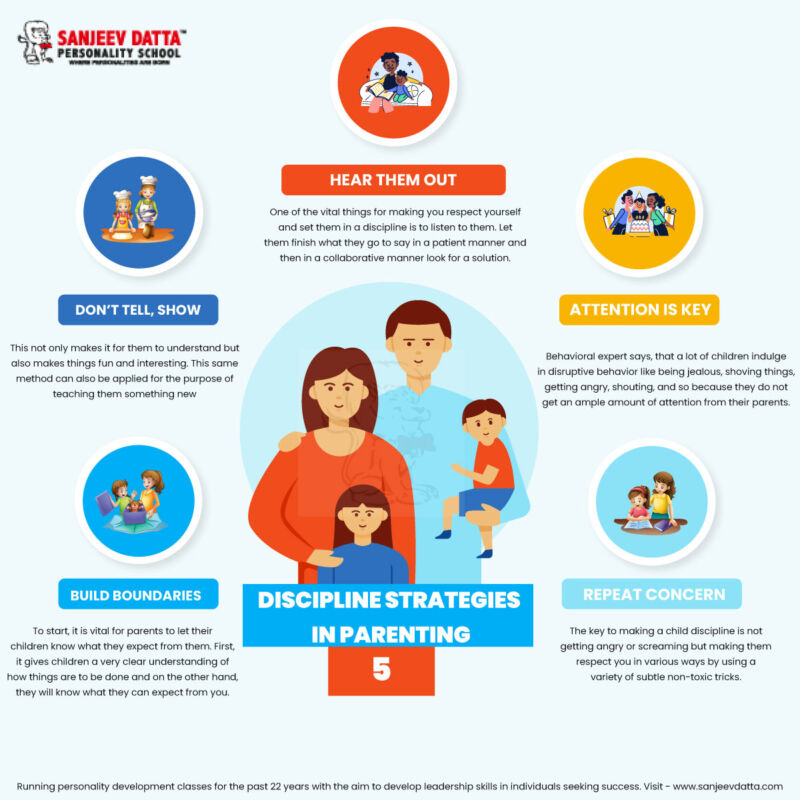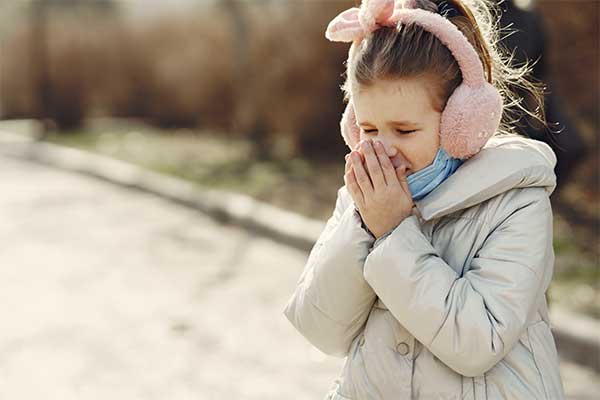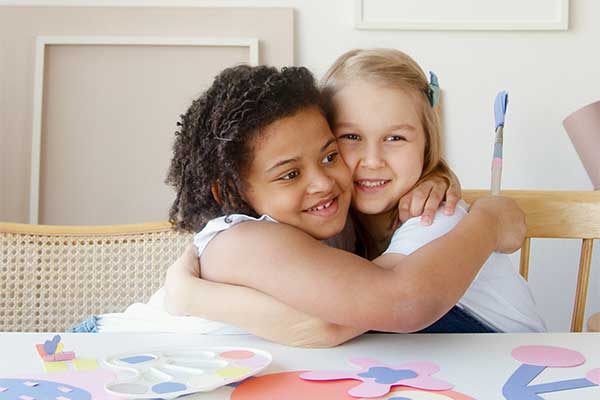It is essential to provide children with instruction in social etiquette to assist them in developing excellent manners and behavior in social contexts. Children who acquire these social skills at a young age are more likely to mature into well-mannered and courteous adults. Etiquette is about demonstrating respect and regard towards other people, and children who learn these abilities at a young age are likelier to do so. In this piece, we will go over 10 social etiquettes for kids to understand.
10 Social Etiquettes for Kids
- Using the Expressions “Please” and “Thank You”

The use of the words “please” and “thank you” is an essential component of proper social behavior for children of all ages. When requesting someone, children should be taught to say “please,” and when someone does something nice for them, they should learn to say “thank you.” This straightforward action demonstrates respect and thanks, both of which are critical virtues for parents to develop in their children.
2. Holding Your Place in Line

Children tend to act without thinking and lack patience. Thus, it is important to teach them to wait patiently for their turn. Kids need to learn how to be patient and wait their turn in all situations, including when they are discussing, participating in a game, or standing in a line. They will find that this ability helps them in school, in social situations, and eventually in the workplace as well.

3. Covering Mouth when Coughing or Sneezing:

The practice of good hygiene is a fundamental component of social etiquette, and one of the most important rules to observe is to cover one’s mouth when coughing or sneezing. Parents must teach their children to cover their mouths when they cough or sneeze by using a tissue, elbow, or sleeve.
Visit: stage exposure activities for kids
4. Maintaining Proper Table Etiquette

Developing proper table manners is an essential aspect of social etiquette for children. The appropriate way to sit at the eating table, how to properly use utensils, and how to avoid talking while their mouths are full are all things that should be taught to children. They must also learn how to ask nicely for food or drinks and how to express gratitude when they are given it. These etiquettes also contribute to the overall personality development for kids.
5. Hearing What Others Have to Say

Children need to start developing their social skills early on, and one of the most important ones is the ability to listen to others. When speaking, they should be taught to pay attention to what is being said and not to interrupt or talk over the person speaking. It is a sign of respect and consideration to listen to other people and helps create good relationships.
6. Paying Respect to the Personal Space of Others

It is necessary to have proper social etiquette to respect other people’s personal space. It is important to teach children to give others sufficient space and not to invade the personal space of others. They need to learn not to touch or take something that does not belong to them without obtaining the owner’s consent.
Visit: importance of personality in education
7. Using Polite Language

Children need to be taught the importance of using polite language because it is a necessary social skill. Words such as “please,” “thank you,” and “excuse me” should be taught to them so that they can use them appropriately in their day-to-day interactions. Additionally, they need to learn how to address adults with the appropriate titles, such as Mr. or Mrs.
8. Apologizing when It Is Appropriate

Apologizing is a vital aspect of social etiquette. When children make a mistake or damage another person’s feelings, they should be taught to apologize for their actions. They will benefit greatly from this essential lesson throughout their lives since it will teach them to take responsibility for their actions and rectify them when necessary.
Visit: benefits of meditation for kids
9. Being Punctual

One of the most important aspects of proper social behavior is punctuality. Children must learn the importance of being on time for scheduled activities like appointments, gatherings, and social events. Coming in late is sometimes interpreted as a sign of disrespect and can contribute to a poor first impression. Consider enrolling your kid in the top personality development school for kids to help them get better at all these etiquettes and more.
10. A Demonstration Of Empathy

The ability to empathize with others is a crucial social skill that youngsters should learn. They need to learn to empathize with others and treat others with compassion and kindness. This is something that should be taught to them. They will be able to create healthy relationships throughout their life if they learn the valuable lesson of how to empathize with others and respond to their experiences with empathy if they practice this skill.
Visit: mental health tips for teens
In conclusion
Learning and following these 10 social etiquettes for kids can assist them in developing appropriate manners and behavior in social contexts. Habits die hard, so they must ingrain these etiquettes into their habits to lead a model life.
Why Sanjeev Datta Personality School?
- Interview Training
- Leadership
- Presentation Training
- Social Boldness
- Dressing Etiquette
- Office Etiquette
- Communication Skills
- English Speaking
- Anger Management
- Time Management
- Team Building
- Performance Enhancer
- Soft Skills
- Goal Setting
- Career Counselling
- Student Subject Choice Counselling
- Listening Skills
- Video Presentation
- Meditation
For more details, contact us now!


